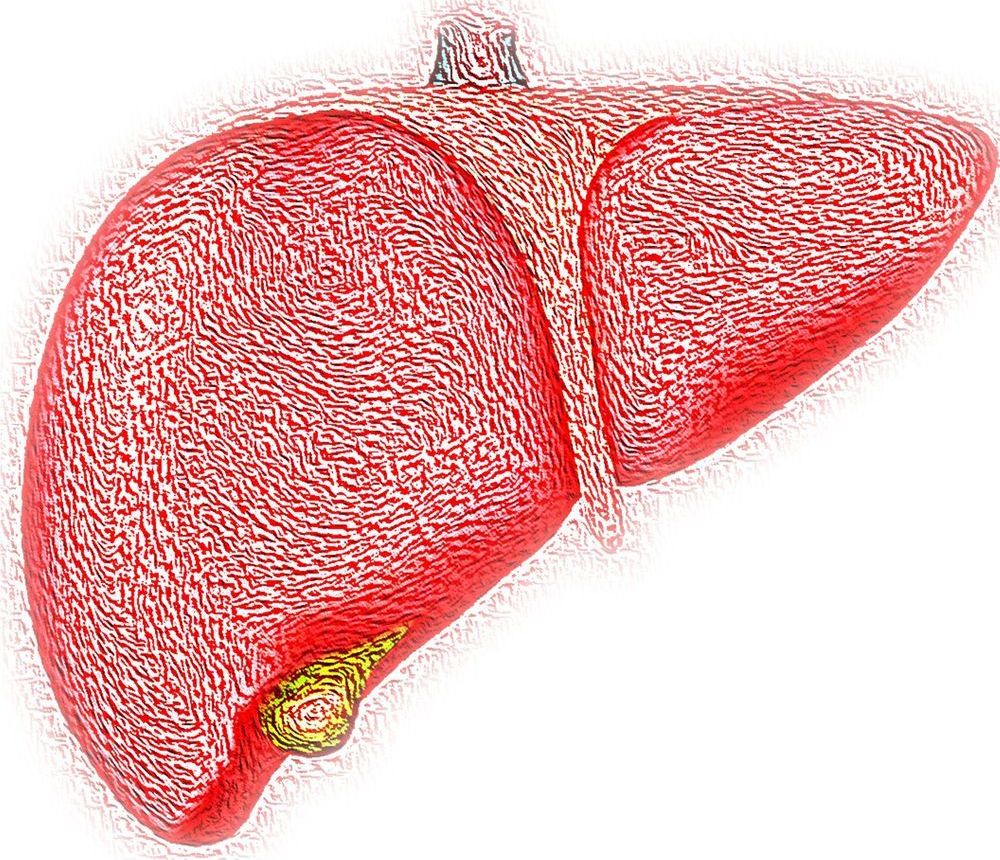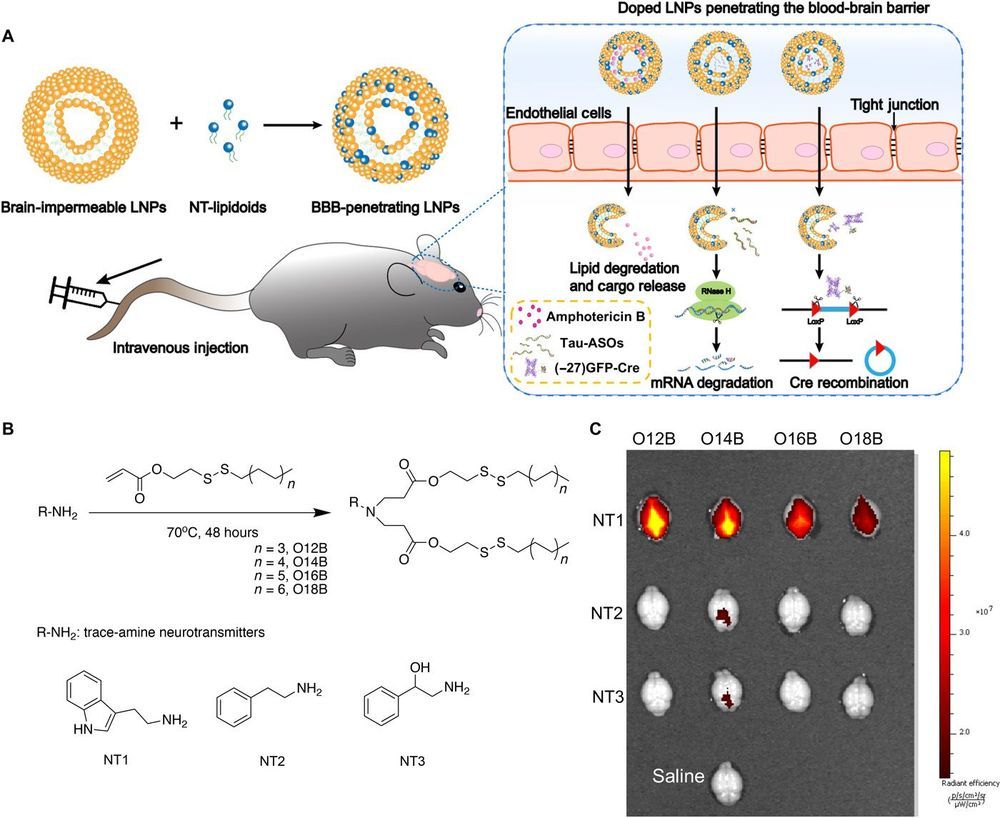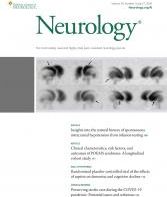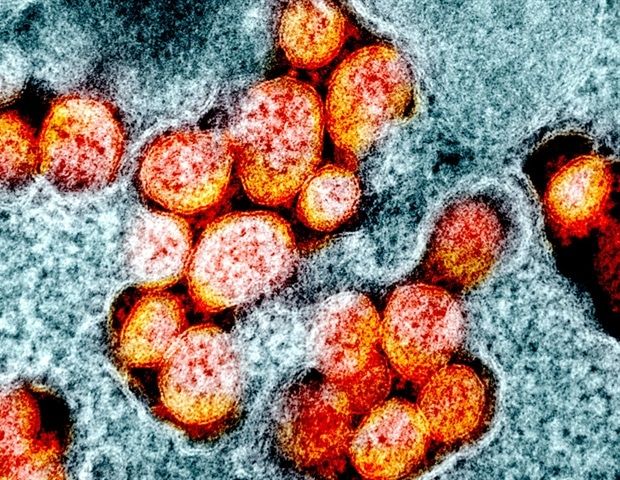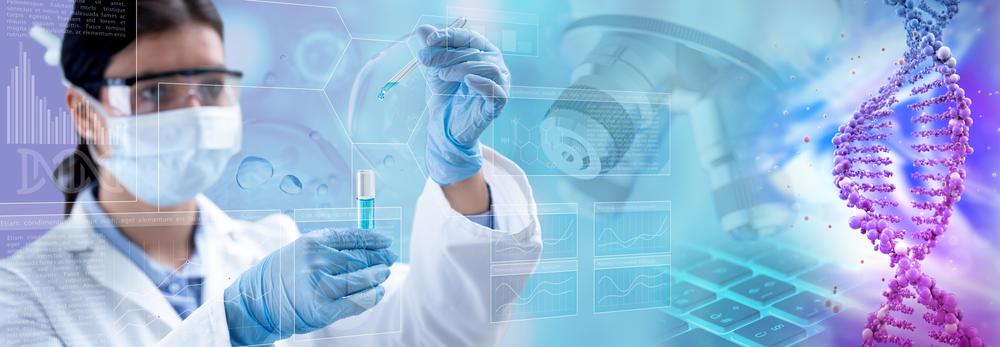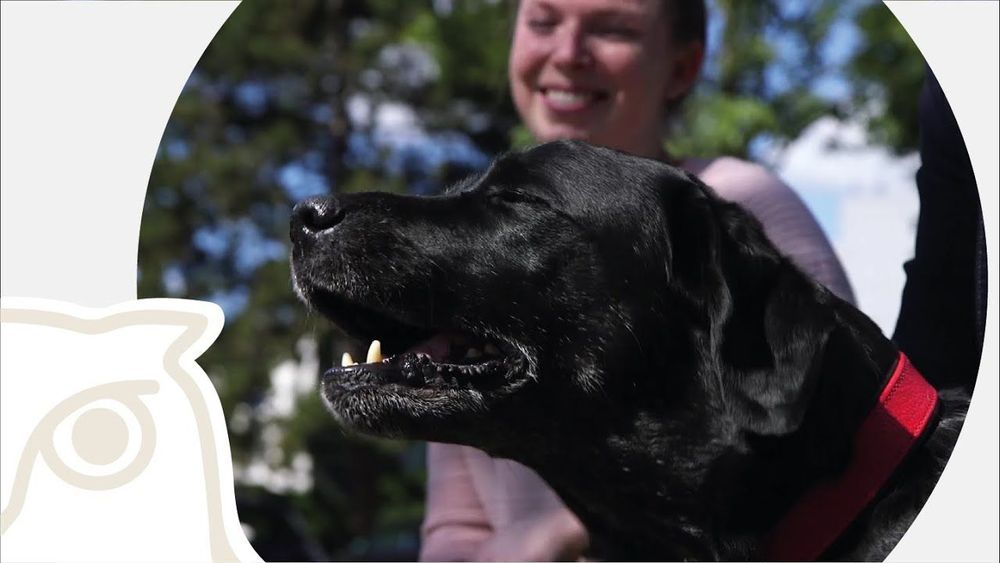Jul 25, 2020
Novel Liver Cancer Mechanism Controls Development of Disease
Posted by Omuterema Akhahenda in category: biotech/medical
Cholangiocarcinoma may not be a household word unless, of course, you happen to be a pathologist studying hepatic cancers. Still, it does affect a fair number of individuals, typically over the age of 50. Cholangiocarcinoma is a group of cancers that begin in the bile ducts, which carry digestive fluid to the small intestine. Cholangiocarcinomas are classified by their location in relation to the liver and typically grouped in with other types of liver cancer. Now, a team of investigators at the Spanish National Cardiovascular Research Centre (CNIC) believe they have uncovered a mechanism that controls the development of intrahepatic cholangiocarcinoma.
Findings from the new study—published recently in PNAS through an article entitled “JNK-mediated disruption of bile acid homeostasis promotes intrahepatic cholangiocarcinoma”—identified a protein that, when blocked, dramatically reduces the impact and progression of the cancer.
Spanish scientists have designed an animal model to study the development of liver cancer caused by bile acids, whcih could speed drug discovery.
Continue reading “Novel Liver Cancer Mechanism Controls Development of Disease” »
